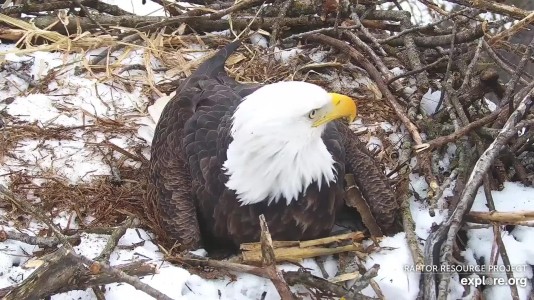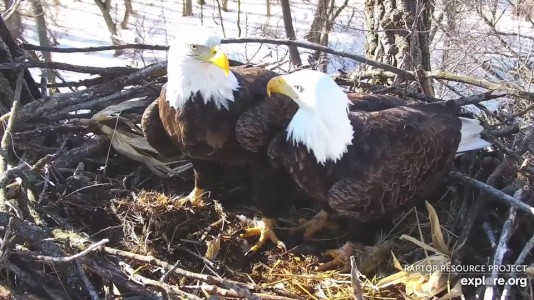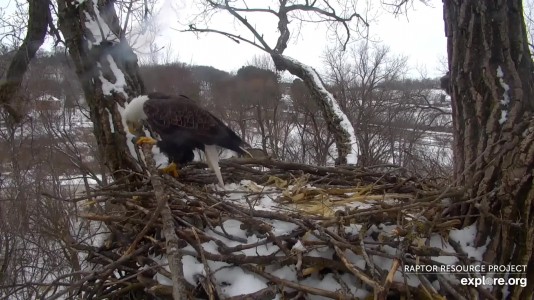A Record Low Ice Year
/ Post by Dr. Andrew Derocher of Polar Bears International
Sea ice in the Arctic reached a record low this summer, according to the National Snow and Ice Data Center in Boulder, Colorado — 18% below the previous record set in 2007 and a stunning 49% below the average for 1979-2000.
The polar bears that we’re monitoring in the Beaufort Sea showed diverse responses. Some went screaming northwards (screaming as in speed because polar bears don’t vocalize with screams). Others went to summer in Alaska where residents are reporting a record number of bears on land. Still others bailed to summer on land in the Canadian Archipelago.
It would be interesting to know which option turned out to be the best one. Current predictions are that the summer sea ice will melt away fully in summer within a decade or two. In the longer term, those bears that opt to head north will be making a grave mistake. We know polar bears can swim long distances but there are limits.
On the other hand, those bears that head for land are unable to hunt seals, and must live off their fat reserves until the ice returns in the fall.
Looking at the lack of ice in the Hudson Bay area, it’s rather clear that 2012 is shaping up to be another tough year for this population. How quickly freeze-up comes this fall will determine how those bears fare.
Oddly, in the last couple of months, I sense that more people are starting to understand the climate change issue. Perhaps it took a drought that devastated corn crops. Or too many raging forest fires. Or maybe it was the new sea ice record. Even many climate change deniers, despite their questionable funding sources, are becoming muted by the overwhelming evidence and weight of data. If there was a time for optimism, it is clearly arriving. We know we have to act and the sooner we do, the better for us and the polar bears.
*Photo by Daniel J. Cox/Natural Exposures


